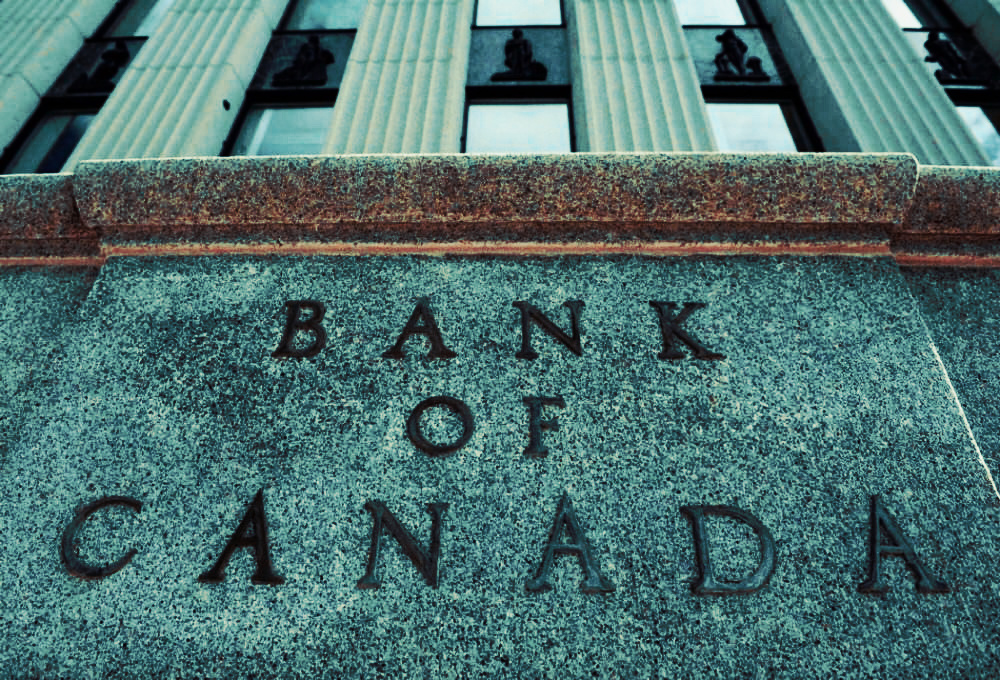The Bank of Canada decided to stand pat on rates this month, citing global trade policy risk, and softness in the housing market.
According to the dovish tone of the statement, rates will remain at 1.25% for the time being, and the Bank of Canada will proceed with caution as the Canadian economy continues to require stimulus.
The statement made no specific mention of this week's bombshell announcement from the White House that it would impose trade tariffs on steel and aluminum.
Although it mentioned that global growth is "solid and broad-based" it said that the recent announcements regarding trade policy are "an important and growing source of uncertainty" as far as the Canadian economic outlook is concerned.
Traders have reduced their bets on rate hikes as recent reports have revealed a trend softening economic data, turbulence in the global markets, and growing geo-political worry.
This may warrant more caution on the part of Bank of Canada Governor, Stephen Poloz, about any decisions to tighten monetary policy further for the time being.
There was no mention of the ongoing NAFTA talks either.
The Canadian dollar weakened slightly by 0.7% today, and is down 2.9% for the year to date.
The somewhat dovish tone of the statement was accompanied by the Bank of Canada's continuing assertion that rates are still 2% below what it considers to be the "neutral" rate, and that borrowing costs will ultimately continue higher.
The key statement in today's statement on rates was almost identical to January's statement, except for the slightly more dovish take.
“While the economic outlook is expected to warrant higher interest rates over time, some continued monetary policy accommodation will likely be needed to keep the economy operating closed to potential and inflation on target,” according to the policy makers' statement. “Governing Council will remains cautious in considering future policy adjustments, guided by incoming data in assessing the economy’s sensitivity to interest rets, the evolution of economic capacity, and the dynamics of both wage growth and inflation.”
The BoC also said that it will take more time to evaluate the effects of tightening from regulators, as well as the new, more onerous mortgage qualification rules that have come in to effect since January 1 of this year.
It will also take more time monitor and consider how sensitive the economy is to rate increases, and made mention of the recent slowdown in household credit.
Their review of the developments in the Canadian economy were taken to be mostly neutral - growth in the fourth quarter was slower than expected, and they point to higher imports fuelled by business investment, which they say is additive to the overall capacity of the economy.
They also said that new tax policy in the U.S. should give a boost to Canada's economic growth, that last year's 3% growth was in line, inflation has been fluctuating on account of short term factors, that changes stemming from the recent Federal Budget would be taken in to account in the April policy statement, Canada's strong housing data print at the end of last year was due to demand in advance of the new mortgage rules and other policy changes.
*****














